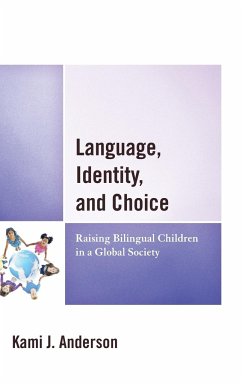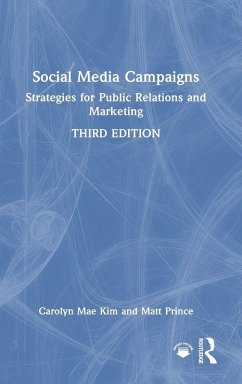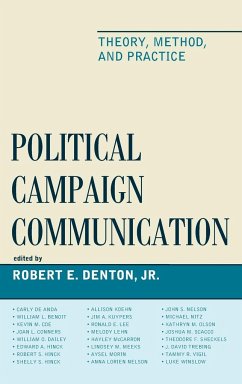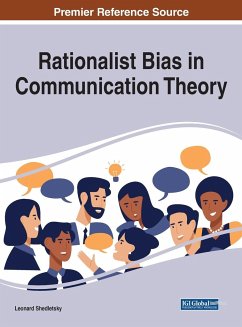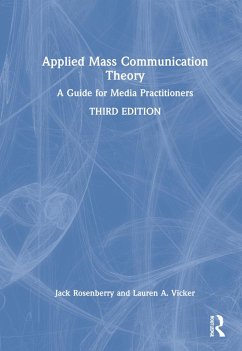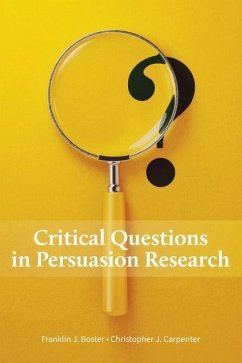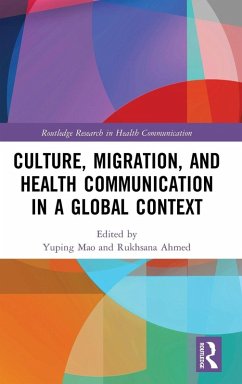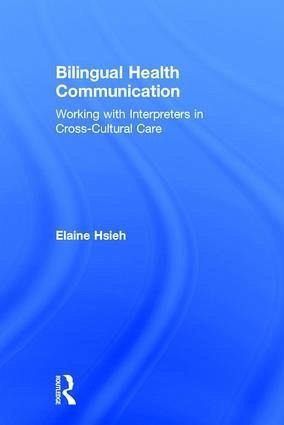
Bilingual Health Communication
Working with Interpreters in Cross-Cultural Care
Versandkostenfrei!
Versandfertig in 1-2 Wochen
232,99 €
inkl. MwSt.
Weitere Ausgaben:

PAYBACK Punkte
116 °P sammeln!
Winner of the NCA Health Communication 2021 Distinguished Book Award. This book examines interpreter-mediated medical encounters and focuses primarily on the phenomenon of bilingual health care. It highlights the interactive and coordinated nature of interpreter-mediated interactions. Elaine Hsieh has put together over 15 hours of interpreter-mediated medical encounters, interview data with 26 interpreters from 17 different cultures/languages, 39 health care providers from 5 clinical specialties, and surveys of 293 providers from 5 clinical specialties. The depth and richness of the data allow...
Winner of the NCA Health Communication 2021 Distinguished Book Award. This book examines interpreter-mediated medical encounters and focuses primarily on the phenomenon of bilingual health care. It highlights the interactive and coordinated nature of interpreter-mediated interactions. Elaine Hsieh has put together over 15 hours of interpreter-mediated medical encounters, interview data with 26 interpreters from 17 different cultures/languages, 39 health care providers from 5 clinical specialties, and surveys of 293 providers from 5 clinical specialties. The depth and richness of the data allows for the presentation of a theoretical framework that is not restricted by language combination or clinical contexts. This will be the first book of its kind that includes not only interpreters' perspectives but also the needs and perspectives of providers from various clinical specialties. Bilingual Health Communication presents an opportunity to lay out a new theoretical framework related to bilingual health care and connects the latest findings from multiple disciplines. This volume presents future research directions that promise development for both theory and practice in the field.





